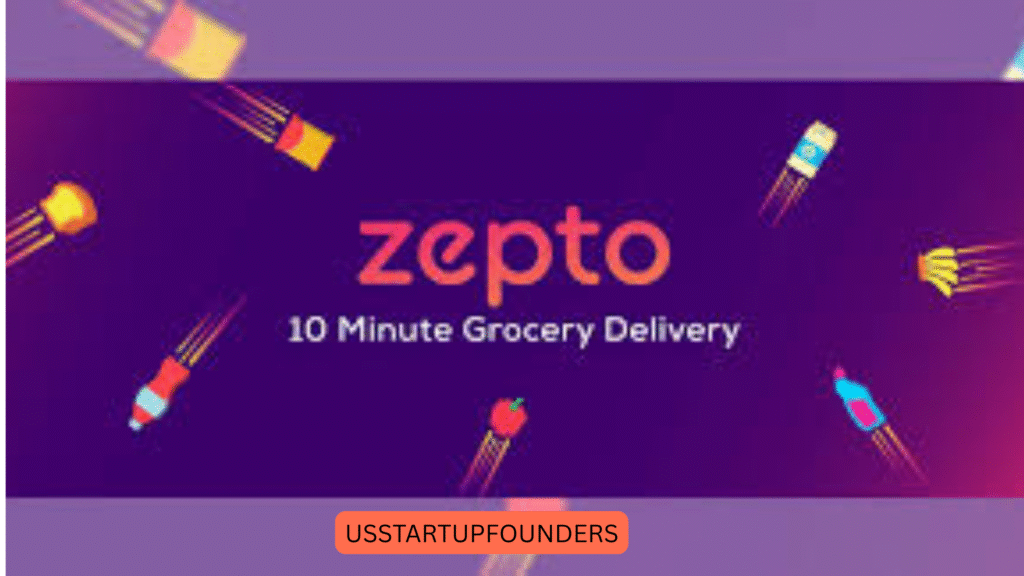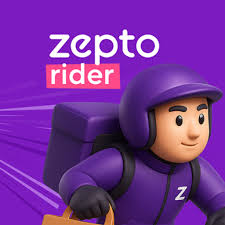
Introduction
In a world where convenience drives consumer choices, Zepto has become a name synonymous with speed. Launched by Aadit Palicha and Kaivalya Vohra, two young Stanford dropouts, Zepto disrupted the Indian grocery delivery space with its bold promise—groceries at your doorstep in just 10 minutes.
From its humble beginnings in Mumbai, the startup rapidly expanded across major cities, attracting massive investor interest and reaching unicorn status within a few years. Zepto’s growth story is not just about deliveries—it’s about reimagining how urban India shops.
How It All Started
The idea for Zepto was born during the pandemic, when home delivery became a lifeline for millions. The founders realized that despite high demand, the delivery experience was slow and unreliable. This insight pushed them to design a hyper-local supply chain that could guarantee lightning-fast service.
By late 2021, Zepto was already making waves in Mumbai. The buzz around its 10-minute delivery model quickly spread, and soon the company was scaling operations across metros like Bengaluru, Delhi, and Chennai.
The Dark Store Advantage
Zepto’s biggest strength lies in its dark store ecosystem.
- What are Dark Stores?
They are small, tech-enabled warehouses set up within neighborhoods. Unlike traditional supermarkets, they don’t serve walk-in customers but operate exclusively to fulfill online orders. - Why they work for Zepto:
Each dark store is stocked using AI-driven demand forecasts, ensuring popular items are always available. When a customer places an order, the nearest store processes it instantly, and delivery agents complete the journey in under 10 minutes.
This data-first approach minimizes delays, reduces operational costs, and creates a smooth experience for customers.

Funding & Rapid Growth
Zepto’s ambitious model quickly attracted global investors. Backed by Nexus Venture Partners, Y Combinator, and StepStone Group, the company has raised hundreds of millions in funding.
Key milestones include:
- Launch in Mumbai (2021)
- Expansion into multiple metro cities within a year
- Surpassing $1 billion valuation by 2023
- Operating 200+ dark stores across India by 2024
- Securing a loyal base of repeat customers across urban centers
Why Zepto Stands Out
In the crowded quick commerce space, Zepto’s edge lies in:
- Consistent ultra-fast delivery (10–12 minutes)
- Technology-backed operations for demand and inventory planning
- Strong youth-focused branding appealing to digital natives
- Efficient product selection, which keeps fulfillment quick and reliable
While competitors like Blinkit and Swiggy Instamart dominate the same space, Zepto has carved its niche by focusing on speed and reliability.
Challenges on the Road Ahead
Like all fast-scaling startups, Zepto faces hurdles:
- High operational expenses to maintain dark stores
- Tight margins in grocery retail
- Stiff competition from established giants
- Difficulty in expanding profitably beyond metros
To tackle these, Zepto is experimenting with private-label products, premium memberships, and new delivery categories.
What’s Next for Zepto
The company’s long-term goal is to go beyond groceries. With an eye on becoming India’s ultimate quick commerce platform, Zepto plans to deliver everything from essentials to personal care items—and possibly electronics in the future.
By investing in AI-driven logistics and expanding its dark store footprint, Zepto is preparing for the next big leap in India’s e-commerce evolution.
Conclusion
Zepto’s journey from a pandemic-born idea to India’s fastest unicorn is a testament to youthful ambition, innovative thinking, and flawless execution. With its 10-minute delivery model, it has changed the way urban India shops and set a new benchmark for the industry.
As the demand for speed and convenience grows, Zepto is not just keeping pace—it’s leading the race, shaping the future of instant commerce in India.



